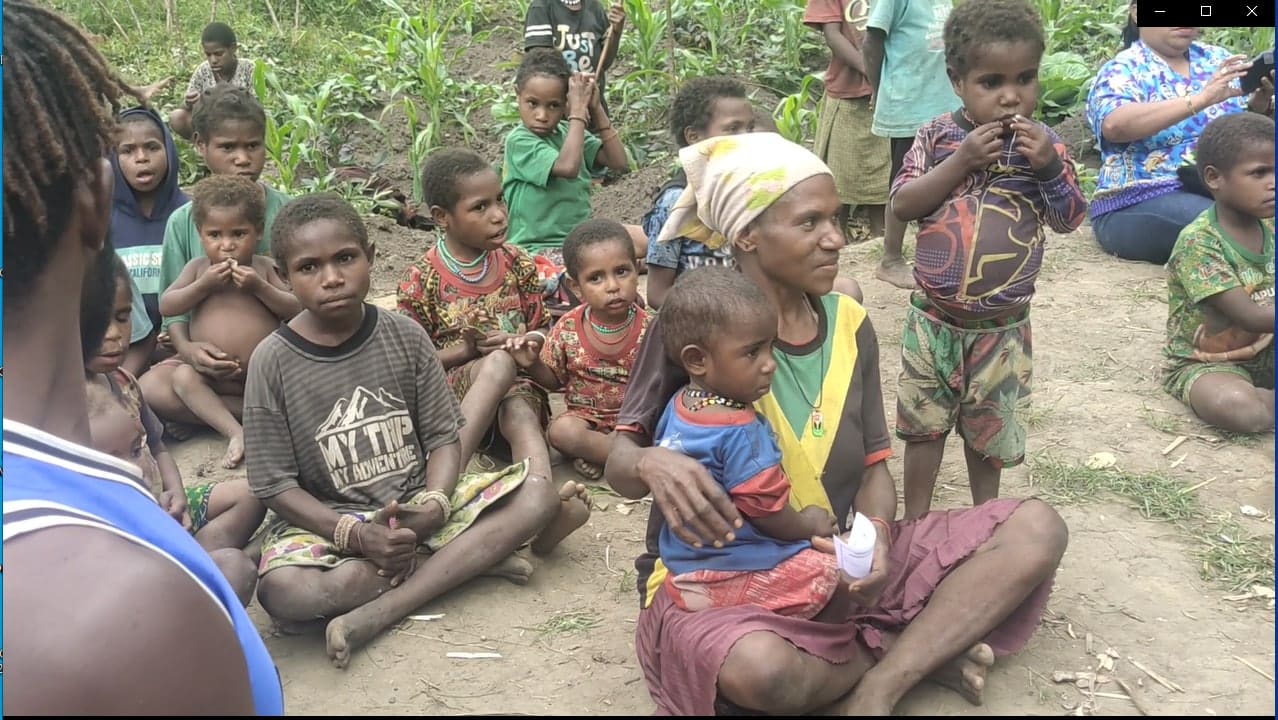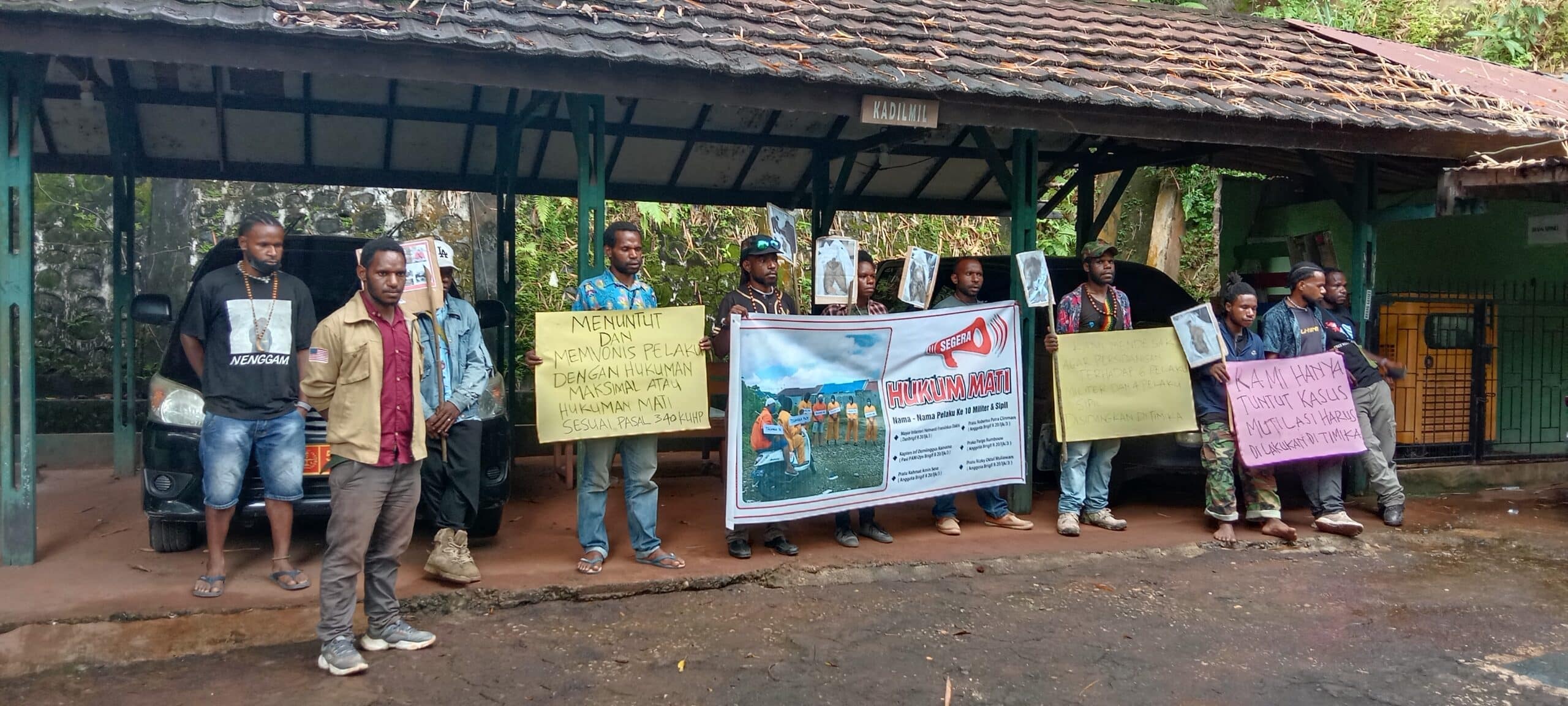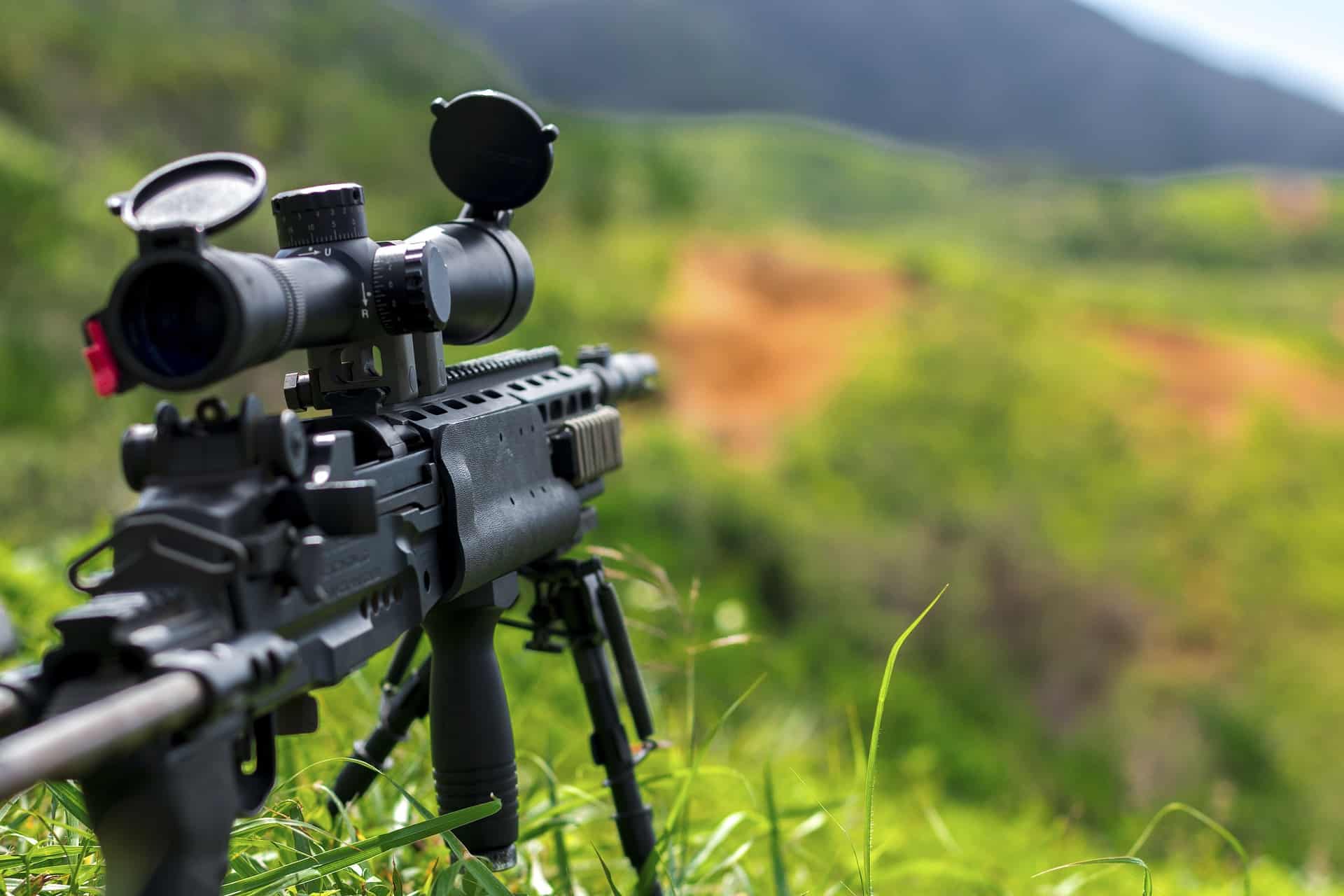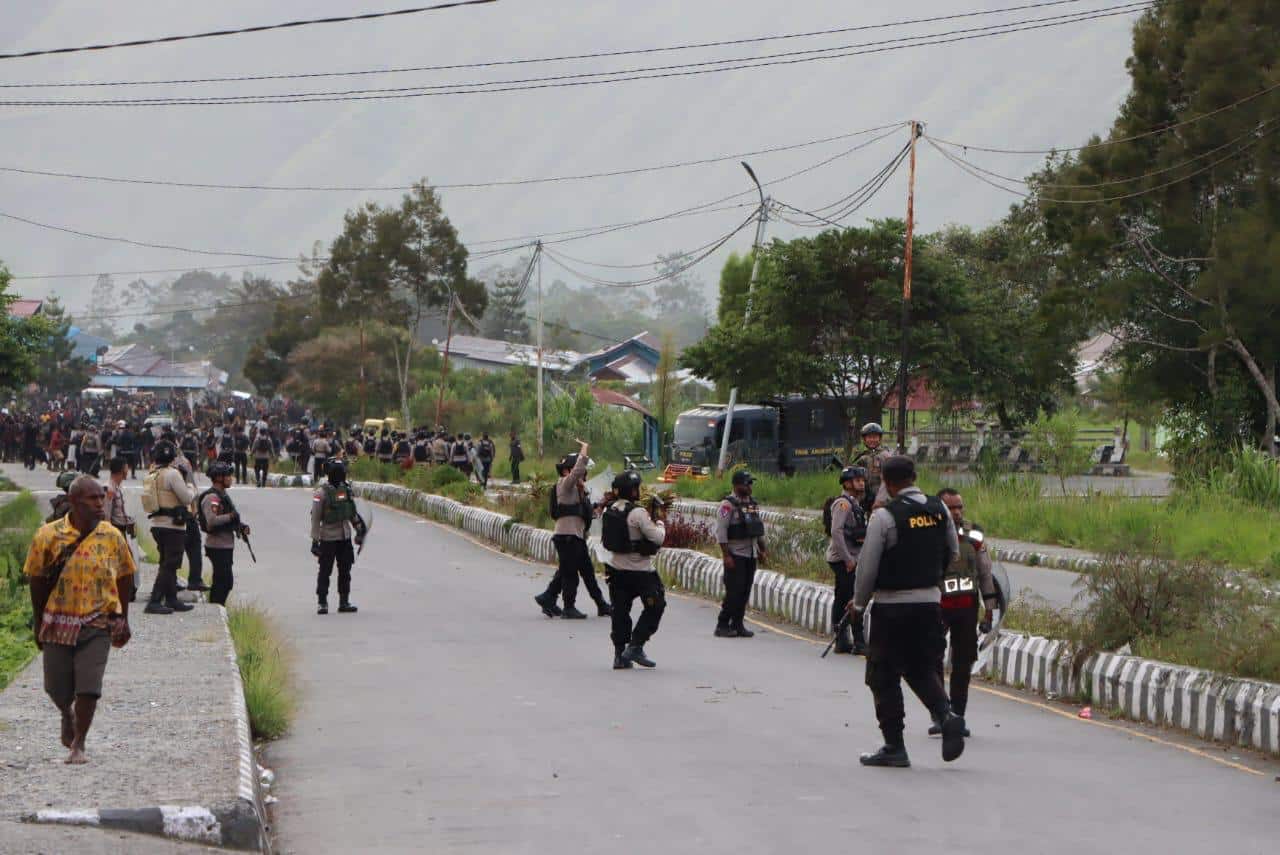Jayapura, Jubi – An advance in the process towards Papua’s “Peace Dialogue” with Indonesia occurred in Geneva, Switzerland as the United Liberation Movement for Papua (ULMWP), Indonesia’s National Commission on Human Rights (Komnas HAM) and the Papuan People’s Assembly (MRP) signed the agreement to implement the humanitarian pause on November 11, 2022.
“On this occasion, a Memorandum of Understanding (MoU) was signed to implement a joint humanitarian pause in the Land of Papua,” said Markus Haluk, the executive director of ULMWP.
Komnas HAM commissioner Beka Ulung Hapsara also confirmed this. “Yesterday, the ULMWP, Komnas HAM, and MRP agreed on several points,” Beka told Jubi.
According to Markus Haluk, the ULMWP is a political forum for the Papuan nation that fights for the right to self-determination with dignity. ULMWP also continues to carry out humanitarian missions and mobilize support to open democratic space through peace negotiations in finding conflict resolution in West Papua.
“The conflict between the Papuan people and the Indonesian government that lasted for 59 years has caused casualties. In resolving the conflict, the ULMWP collaborates with the Komnas HAM and the MRP,” said Markus Haluk.
Haluk said the parties had held three meetings towards peace talks, namely on June 15, 2022, August 18-19, 2022, and November 10-11, 2022. All of the meetings took place in the city of Geneva, Switzerland.
The signed MoU is a manifestation of the parties’ commitment to reach peace negotiations. It regulates the principles, procedures, and mechanisms for implementing the Joint Humanitarian Pause.
“The main objective of the joint humanitarian pause is to target the provision of humanitarian assistance to civilians trapped in armed conflict zones and displaced civilians, as well as ensuring the fulfillment of the basic rights of political prisoners in Papua,” said Haluk.
Beka explained that the humanitarian pause would encourage a cessation of hostilities and violence, in order to support the process towards peace talks on the Papua conflict.
“During the implementation of the humanitarian pause, the parties involved in the armed conflict can provide a ‘humanitarian corridor’ as a safe route for the distribution of aid and access for the humanitarian pause team,” said Beka.
This effort will be implemented and monitored by a joint team that involves both local, national and international stakeholders. The conflicting parties are obliged to uphold the principle of non-aggression, and not to carry out provocations aimed at creating new battles in the Land of Papua. (*)













